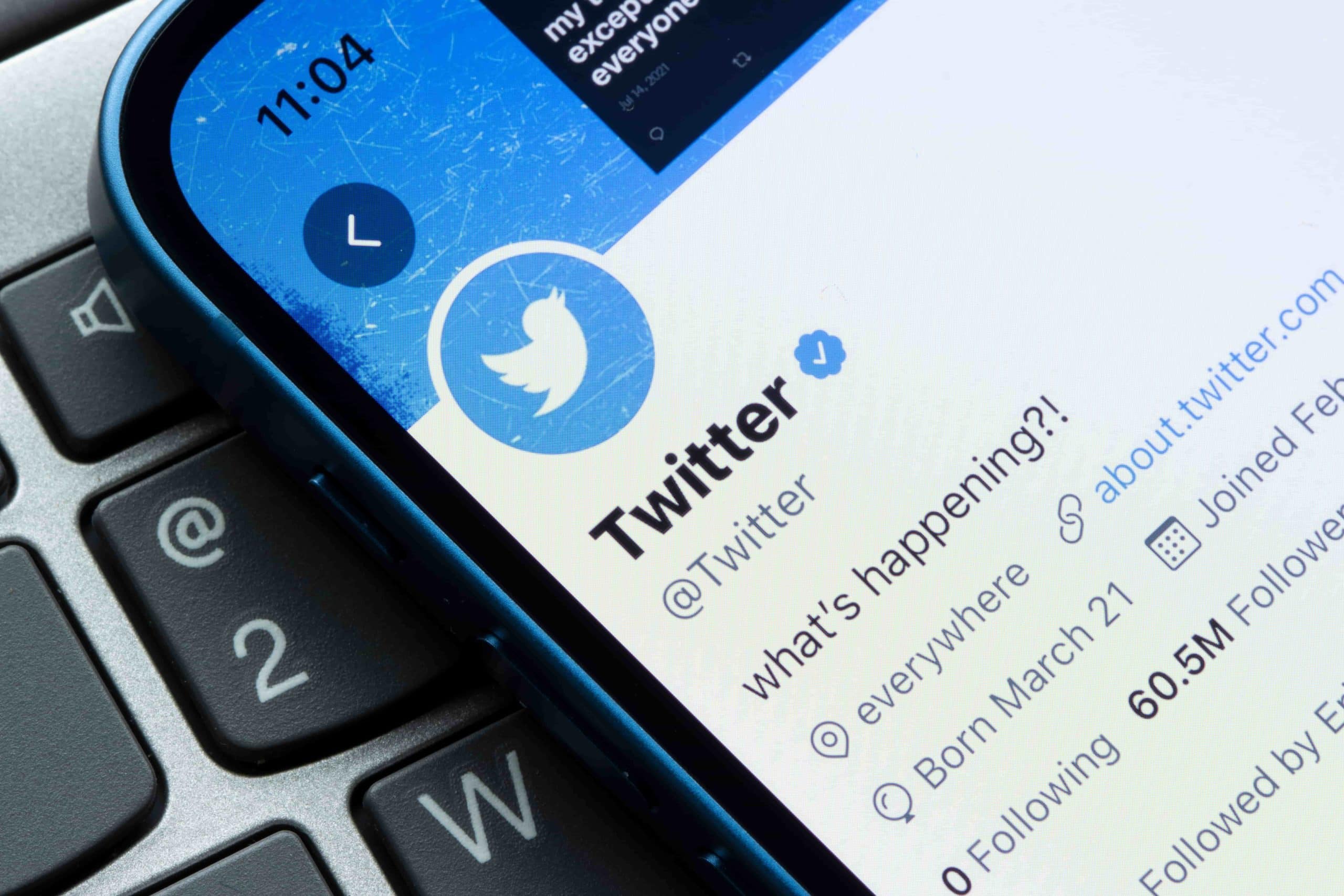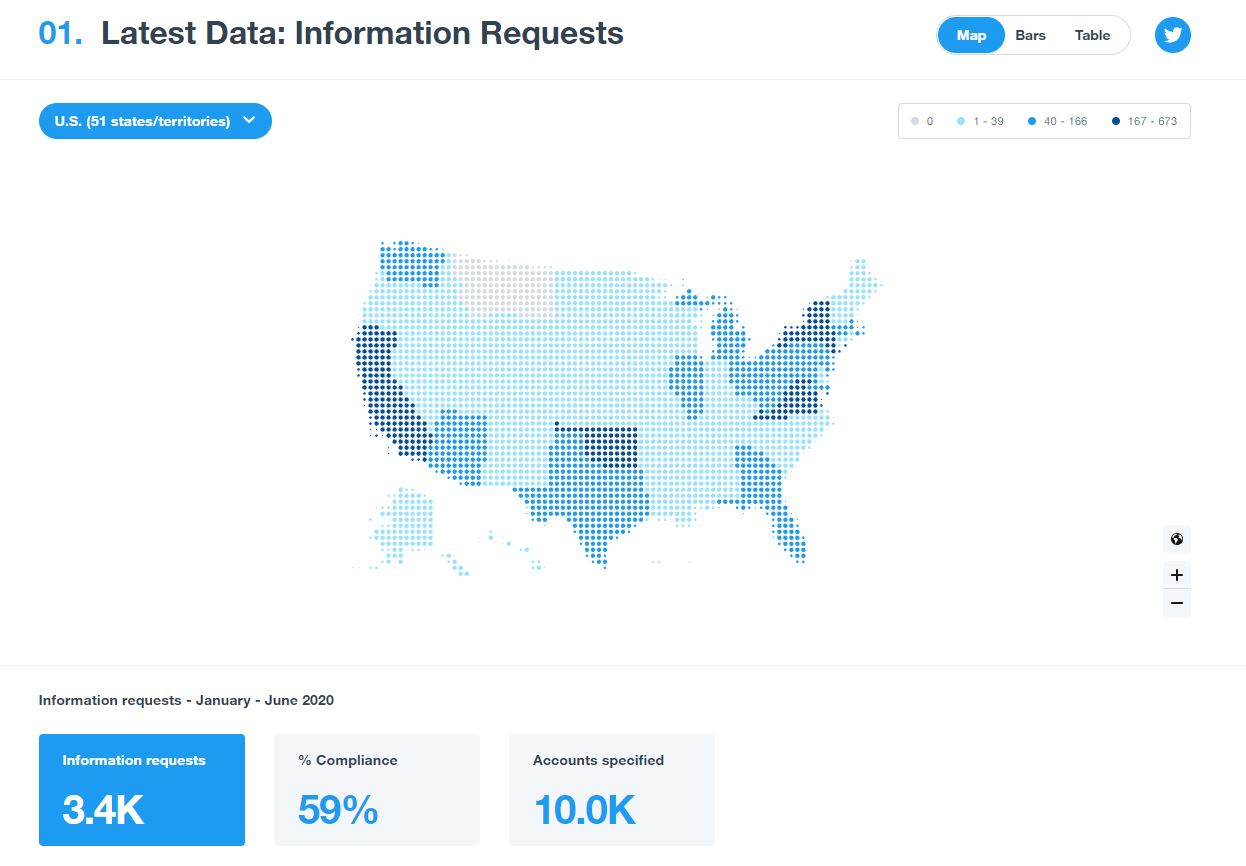A US federal judge in Louisiana issued an injunction Tuesday to halt government agencies from meeting or communicating with social media companies to try to moderate the content on their platforms in certain ways.
The injunction was a result of 2 lawsuits brought by the attorneys general of Louisiana and Missouri. It prevents multiple government entities including the Federal Bureau of Investigation (FBI) and the Department of Health and Human Services (DHHS) from flagging specific posts or even requesting reports of the platform’s attempts to remove posts.
The order excludes communications warnings of criminal activity, national security threats, or foreign attempts to influence elections. The judge made the injunction because he is likely to rule in favor of the attorneys general but he has yet to make a final ruling.
Governments and Social Media Company Cooperation Isn’t New
When reading into the case and the grounds given for the injunction, some may be confused as to why this is all happening now. For one, governments (not just the US government) have been working with social media platforms for years to take down what they believe is harmful content.
For example, Twitter has released regular reports on its content moderation strategy for years, detailing its general moderation statistics as well as information on government take-down requests.
Much of the time it is indeed unarguably harmful content such as child sexual abuse material or communications within terrorist groups. These types of requests are not in contention. Instead, posts relating to COVID-19 vaccine hesitancy, the COVID-19 lab leak theory, and false election claims were seen as attempts to restrict free speech.
According to Twitter’s Transparency Center, it received about 4,300 information requests from the US government in 2018, complying with roughly 74% of them. In 2019, it complied with 66% of the roughly 4,400 government requests it received.
In 2020, the period in most contention for this lawsuit, the number of government requests shot up to 6,600, a 50% increase. Twitter complied with 59% of these requests.
The Twitter Files Lit the Spark
The Twitter Files, a bombastic, rushed attempt to push out a myriad of examples that Elon Musk and cooperating journalists believed were misdoings of the platform’s content moderation division, likely lit the spark that led to this injunction. Some specifics about how Twitter moderated content, what kinds of posts they took down, and who encouraged them to remove posts were revealed.
Matt Taibi, one of the journalists who helped compile and release the Twitter Files, included a variety of examples of flagged posts in part 6 of the report. He suggested that some of the files pointed to the FBI working with Twitter to remove posts that it didn’t agree with, whether they had broken the law or Twitter’s Terms of Service or not.
26. This passage underscores the unique one-big-happy-family vibe between Twitter and the FBI. With what other firm would the FBI blithely agree to “no impediments” to classified information?
— Matt Taibbi (@mtaibbi) December 16, 2022
Other files showed that government agencies, namely the FBI, flagged posts that were clearly jokes. For example, FBI San Francisco flagged an obvious joke about a ballot counter not counting votes from people not wearing masks.
15. Just to show the FBI can be hyper-intrusive in both directions, they also asked Twitter to review a blue-leaning account for a different joke, except here it was even more obvious that @clairefosterPHD, who kids a lot, was kidding: pic.twitter.com/uLxHayY11C
— Matt Taibbi (@mtaibbi) December 16, 2022
However, many pundits argue that much of the evidence was cherry-picked and that these sorts of removal requests came from all sides of the political spectrum.
Nevertheless, the information that government agencies were pushing Twitter to remove posts that many people agreed with or at least believed shouldn’t have been removed, brought the issue to the attention of large swaths of the American people.
The attorneys general claim that the government’s requests to remove these kinds of posts were creating a “censorship enterprise” that drove social media platforms to remove politically unfavorable (but not illegal) content. They go as far as to say in the filings that these actions were “the most egregious violations of the First Amendment in the history of the United States of America.”
Don’t Underestimate the Importance of This Ruling
Some political pundits are claiming that the ruling has no merit and that it will be quickly struck down by higher courts. Others suggest that this could be a landmark case in legislation surrounding social media and the first amendment in general.
Make no mistake, this ruling could be incredibly important. The order doesn’t just prevent these government agencies from communicating with Twitter to flag posts or ask for moderation reports. It includes all social media companies.
This injunction and the following ruling are likely to change the social media landscape for a long time, whether it stands or is overruled. According to the Washington Post, the White House has already canceled some of its planned meetings with social media companies.
Related Articles:
- Twitter Starts to Worry About Its Competition, Backtracks on Login Requirements to View Tweets
- Best Tech Stocks to Watch in 2023 – How to Buy Tech Stocks
- Twitter Acknowledges Reports of Recent Data Leaks From 2021
What's the Best Crypto to Buy Now?
- B2C Listed the Top Rated Cryptocurrencies for 2023
- Get Early Access to Presales & Private Sales
- KYC Verified & Audited, Public Teams
- Most Voted for Tokens on CoinSniper
- Upcoming Listings on Exchanges, NFT Drops

